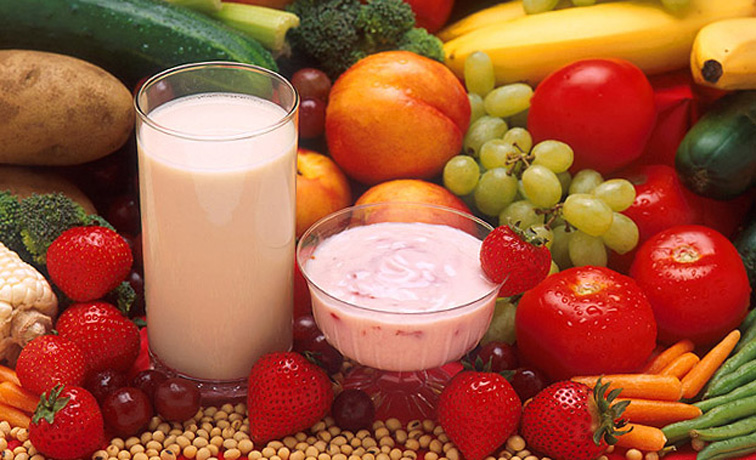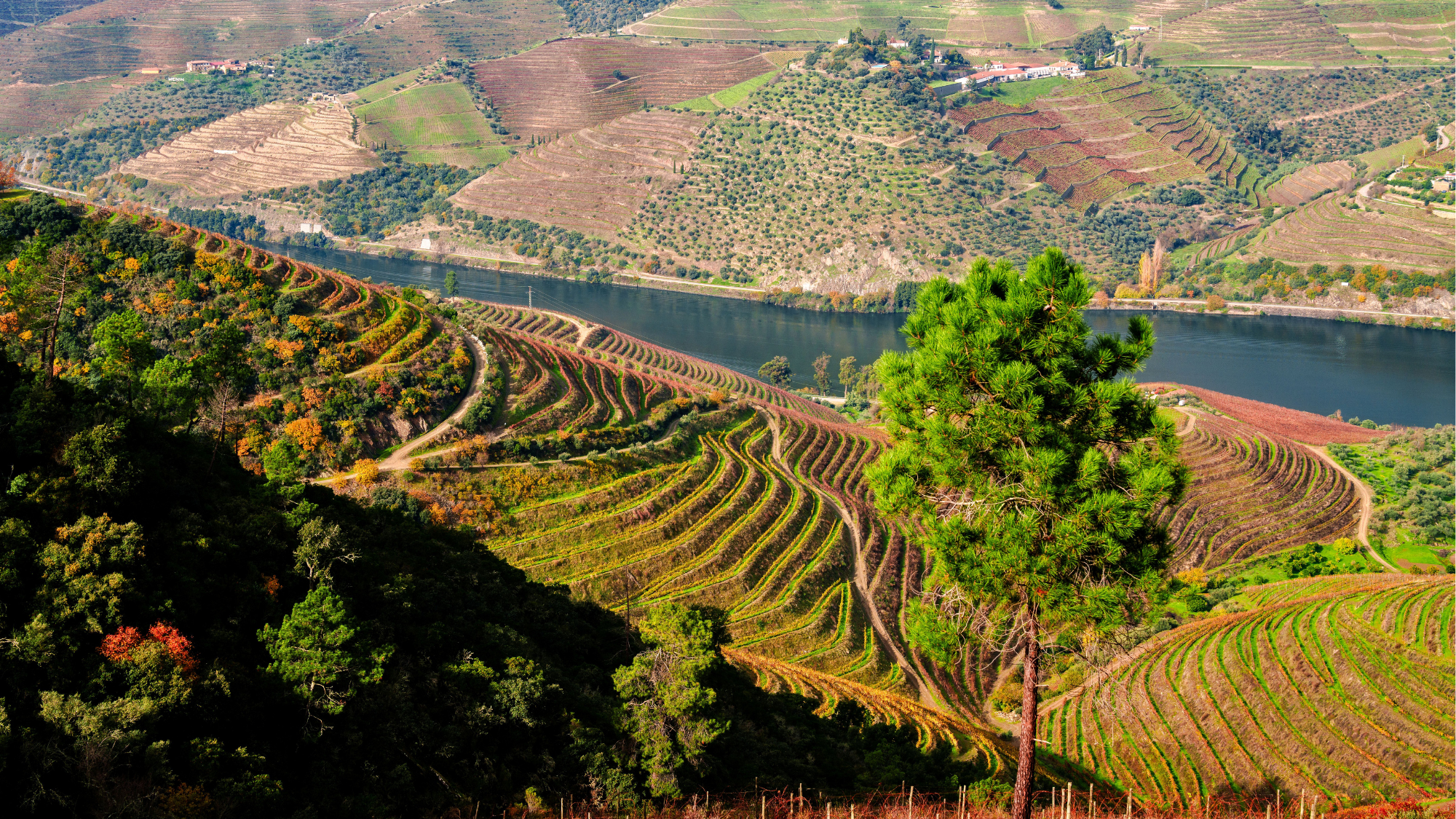The countries with the healthiest and unhealthiest diets revealed
Israel takes crown in rankings while the UK trails behind

A free daily email with the biggest news stories of the day – and the best features from TheWeek.com
You are now subscribed
Your newsletter sign-up was successful
A new study into the rates of deaths linked to diet across the world has found that people in Israel are top when it comes to healthy eating.
After analysing almost two decades of dietary data from 195 countries, along with studies about nutrition-related health risks and benefits, the researchers estimate that poor food choices killed 11 million people worldwide in 2017 alone - “mostly by contributing to cardiovascular disease and cancer”, says Time magazine.
Indeed, eating and drinking better could prevent one in five early deaths worldwide, according to a paper on the study published in The Lancet.
The Week
Escape your echo chamber. Get the facts behind the news, plus analysis from multiple perspectives.

Sign up for The Week's Free Newsletters
From our morning news briefing to a weekly Good News Newsletter, get the best of The Week delivered directly to your inbox.
From our morning news briefing to a weekly Good News Newsletter, get the best of The Week delivered directly to your inbox.
Although “diets vary from one country to another, eating too few fruits and vegetables and too much salt accounted for half of all deaths and two-thirds of the years of disability attributable to diet”, reports The Guardian.
Israel had the lowest rate of diet-related deaths, at 89 per 100,000 people, followed by France, Spain and Japan, while Uzbekistan had the highest, at 892 deaths.
The UK ranked 23rd (127 deaths per 100,000), while the US trailed at 43rd (171 deaths), below Rwanda and Nigeria.
Among the other big population centres, China ranked 140th (350 deaths) and India 118th (310 deaths).
A free daily email with the biggest news stories of the day – and the best features from TheWeek.com
China and Japan “have curiously contrasting fortunes that reflect their changing relationship with salt”, says the BBC.
China consumes enormous amounts of it, with soy and other salty sauces playing a key role in the national cuisine, just as they do in Japan. But by contrast to Japan, the rising popularity of processed foods is introducing yet more salt into the diets of people in China, which the study found has the highest sodium-related death rate of any country.
“Japan is very interesting because if you go back 30 to 40 years, they like China today had enormous salt intake,” study co-author Professor Christopher Murray, director of the Institute for Health Metrics and Evaluation at the University of Washington, told the BBC.
“Salt is still [Japan’s] number one problem, but it has come down dramatically. And they have a diet that is higher in many of the things we think are protective for heart disease such as vegetables and fruit.”
Adding in more whole grains and nuts may be a good place to start in improving diets, fellow study co-author Dr Ashkan Afshin told Time. Globally, people were eating only 12% of the recommended amount of nuts, and only 23% of the advised helping of whole grains, the researchers found.
“Historically, fruits and vegetables have been the centre of attention,” Afshin says. “Although they are important… gaps in the consumption of nuts and seeds and whole grains are much higher.”
The five countries with the unhealthiest diet:
- Uzbekistan
- Afghanistan
- Marshall Islands
- Papua New Guinea
- Vanuatu
And the five countries with the healthiest diet:
- Israel
- France
- Spain
- Japan
- Andorra
-
 Hotel Sacher Wien: Vienna’s grandest hotel is fit for royalty
Hotel Sacher Wien: Vienna’s grandest hotel is fit for royaltyThe Week Recommends The five-star birthplace of the famous Sachertorte chocolate cake is celebrating its 150th anniversary
-
 Where to begin with Portuguese wines
Where to begin with Portuguese winesThe Week Recommends Indulge in some delicious blends to celebrate the end of Dry January
-
 Climate change has reduced US salaries
Climate change has reduced US salariesUnder the radar Elevated temperatures are capable of affecting the entire economy
-
 Epstein files topple law CEO, roil UK government
Epstein files topple law CEO, roil UK governmentSpeed Read Peter Mandelson, Britain’s former ambassador to the US, is caught up in the scandal
-
 Iran and US prepare to meet after skirmishes
Iran and US prepare to meet after skirmishesSpeed Read The incident comes amid heightened tensions in the Middle East
-
 Israel retrieves final hostage’s body from Gaza
Israel retrieves final hostage’s body from GazaSpeed Read The 24-year-old police officer was killed during the initial Hamas attack
-
 China’s Xi targets top general in growing purge
China’s Xi targets top general in growing purgeSpeed Read Zhang Youxia is being investigated over ‘grave violations’ of the law
-
 Panama and Canada are negotiating over a crucial copper mine
Panama and Canada are negotiating over a crucial copper mineIn the Spotlight Panama is set to make a final decision on the mine this summer
-
 Why Greenland’s natural resources are nearly impossible to mine
Why Greenland’s natural resources are nearly impossible to mineThe Explainer The country’s natural landscape makes the task extremely difficult
-
 Iran cuts internet as protests escalate
Iran cuts internet as protests escalateSpeed Reada Government buildings across the country have been set on fire
-
 US nabs ‘shadow’ tanker claimed by Russia
US nabs ‘shadow’ tanker claimed by RussiaSpeed Read The ship was one of two vessels seized by the US military